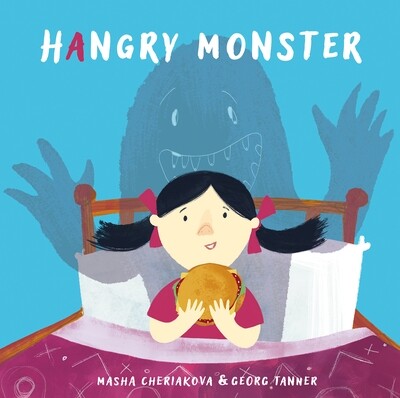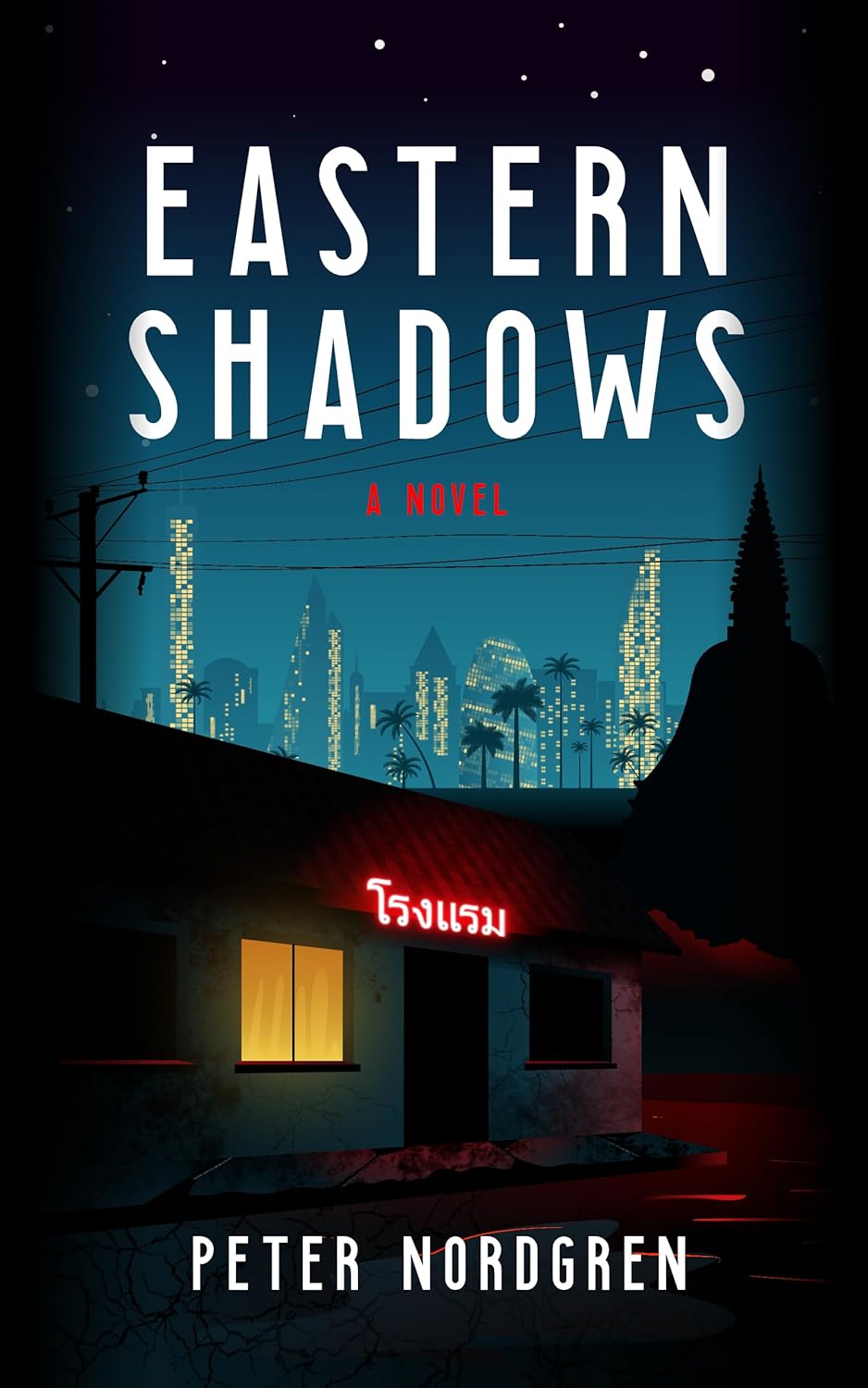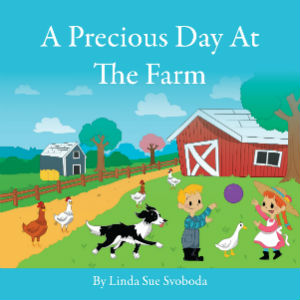By Masha Cheriakova-Tanner & George Tanner
Hangry Monster is a charming, heartfelt, and wonderfully expressive children’s picture book that tackles one of childhood’s most common—and most misunderstood—emotional challenges: the big feelings that come from being hungry. Told through playful rhymes and brought to life with rich, emotionally resonant illustrations, this story offers young readers and their caregivers a gentle, engaging way to talk about moods, friendship, and the importance of listening to your body.
From the very first pages, the authors introduce readers to two children joyfully immersed in play. The opening scenes—bright playgrounds, sunny skies, and youthful laughter—set an inviting and hopeful tone that perfectly contrasts the sudden emotional shift to come. The girl and boy, depicted through colorful, expressive art, demonstrate the simple pleasures of friendship. The text emphasizes that their time together is “fun” and something they “should always do,” establishing a warm bond that readers can immediately relate to.
But as soon as hunger creeps in, the tone changes dramatically. The girl’s sudden irritability—her shouting, her red face, her tears, and her unexpected outburst—is portrayed in a way that is both dramatic and age-appropriate. The boy’s confusion mirrors the experience many children have when a friend’s mood unexpectedly swings. The authors handle this transition beautifully, using playful rhythm and rhyme to soften the intensity while still acknowledging the very real overwhelm that hunger can bring. This emotional shift is illustrated vividly on multiple pages: the girl’s angry expression, her shouted frustrations about the “stupid playground” and “stupid swing,” and the looming shadow behind her that transforms into the symbolic “monster” of hunger. These visual cues—particularly the shadowy creature that appears behind the girl on several pages—give children a clear representation of the feeling taking over her emotions.
One of the book’s strengths is its sensitive depiction of both children’s emotional experiences. While the girl wrestles with her hunger-induced frustration, the boy grapples with fear, confusion, and sadness. He fears losing his friend but also doesn’t understand what caused her sudden change. This dual perspective allows young readers to see not only what it feels like to be “hangry,” but also how someone else may feel on the receiving end of that unexpected mood swing.
The resolution of the story is not only satisfying but also deeply comforting for children. The dramatic scenes of the girl devouring “a mountain of pasta”—full pages devoted to swirling spaghetti, the comforting “om nom nom” sound effects, and the delightful chaos of a fully satisfied appetite—bring humor and relief. And when the girl wakes up later, reflecting thoughtfully on what happened (“What happened to me, what am I feeling?”), children are given language to understand their own emotions. They learn that feelings can change, that hunger affects behavior, and that apologies and reconnection are always possible.
The story concludes with a hopeful reconnection between the two friends the next day. The girl’s smile, her cheerful greeting, and the boy’s hesitant but hopeful return to play demonstrate the resilience of friendship and the power of understanding.
Overall, Hangry Monster is both entertaining and educational—a meaningful tool for parents, teachers, and caregivers to help children explore emotional regulation. Its engaging rhymes, relatable characters, beautiful artwork, and thoughtful handling of childhood emotions make it a standout picture book for early readers. It succeeds not only as a story, but as a conversation starter about hunger, moods, and empathy. It’s a delightful, insightful, and highly recommended addition to any child’s library.



